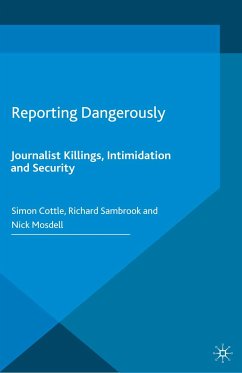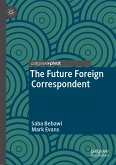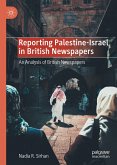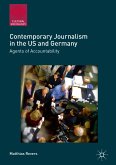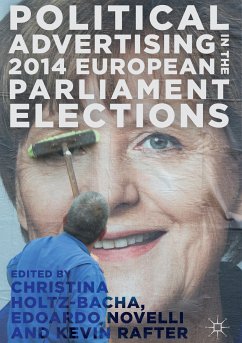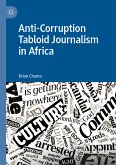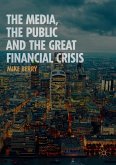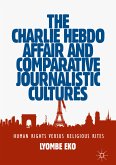More journalists are being killed, attacked and intimidated than at any time in history.Reporting Dangerously: Journalist Killings, Intimidation and Security examines the statistics and looks at the trends in journalist killings and intimidation around the world. It identifies what factors have led to this rise and positions these in historical and global contexts. This important study also provides case studies and first-hand accounts from journalists working in some of the most dangerous places in the world today and seeks to understand the different pressures they must confront. It also examines industry and political responses to these trends and pressures as well as the latest international initiatives aimed at challenging cultures of impunity and keeping journalists safe. Throughout, the authors argue that journalism contributes a vital if often neglected role in the formation and conduct of civil societies. This is why reporting from 'uncivil' places matters and thisis why journalists are often positioned in harm's way. The responsibility to report in a globalizing world of crises and human insecurity, and the responsibility to try and keep journalists safe while they do so, it is argued, belongs to us all.
Simon Cottle is Professor of Media and Communications in the School of Journalism, Media and Cultural Studies at Cardiff University, UK and Director of the Communications, Human Security and Atrocity in Global Context Research Group. He is the author and editor of many books includingHumanitarianism, Communications, and Change (2015) and Global Crisis Reporting (2009) and is Series Editor of the Global Crises and the Media Series for Peter Lang publishing.
Richard Sambrook is Professor of Journalism in the School of Journalism, Media and Cultural Studies at Cardiff University, UK and Director of the Centre for Journalism which undertakes postgraduate vocational training. He is a former Director of Global News at the BBC where he worked as a journalist for 30 years as a producer, editor and manager.
Nick Mosdell is Deputy Director MA International Public Relations and Global Communications Management in the School of Journalism, Media and Cultural Studies at Cardiff University, UK. He teaches Research Methods modules to Masters students and has written research methods textbooks. He has also contributed to a variety of research-based publications, including media and military relations, and has been involved in data analysis for the International News Safety Institute (INSI) since 2006.
Dieser Download kann aus rechtlichen Gründen nur mit Rechnungsadresse in A, B, BG, CY, CZ, D, DK, EW, E, FIN, F, GR, HR, H, IRL, I, LT, L, LR, M, NL, PL, P, R, S, SLO, SK ausgeliefert werden.
Es gelten unsere Allgemeinen Geschäftsbedingungen: www.buecher.de/agb
Impressum
www.buecher.de ist ein Internetauftritt der buecher.de internetstores GmbH
Geschäftsführung: Monica Sawhney | Roland Kölbl | Günter Hilger
Sitz der Gesellschaft: Batheyer Straße 115 - 117, 58099 Hagen
Postanschrift: Bürgermeister-Wegele-Str. 12, 86167 Augsburg
Amtsgericht Hagen HRB 13257
Steuernummer: 321/5800/1497
USt-IdNr: DE450055826
Bitte wählen Sie Ihr Anliegen aus.
Rechnungen
Retourenschein anfordern
Bestellstatus
Storno

